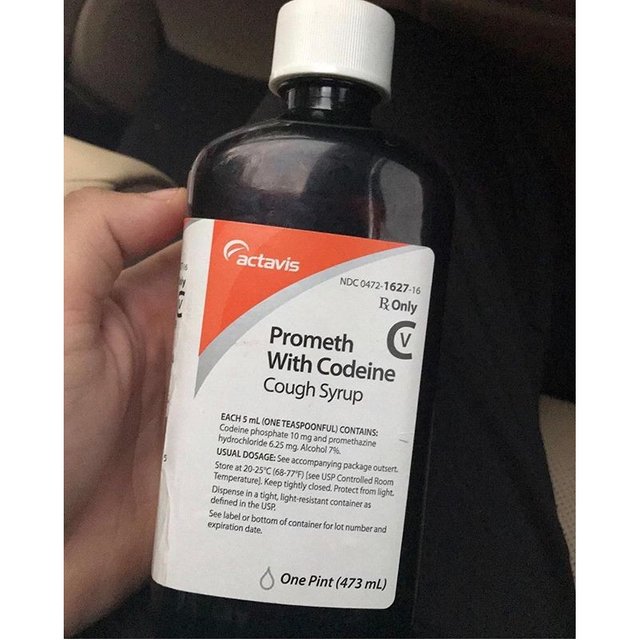The World Of Codeine(Addiction,Side Effect,Dosage)

First of all , What is codeine?
Codeine is an opiate used to treat pain, as a cough medicine, and for diarrhea. It is typically used to treat mild to moderideate degrees of pain.
99.9% percent of youths now consume a large quantity of this so called "Codeine" abusively

Addiction to Codeine:
An addiction to codeine may develop from continued abuse of the drug in its cough medicine or pill form. Codeine can lull its users into a false sense of security because many people do not consider it to be as powerful or addictive as its opiate family members.
Codeine is considered a gateway drug to other opiates, including morphine and even heroin.
Many people don’t stop at codeine. They try to reach a better high by mixing it with other substances, including alcohol. Because codeine and alcohol are both central nervous system (CNS) depressants, combining them can lead to dangerous levels of depression in the brain and respiratory system
What are the side effects of codeine?
The most frequent side effects of codeine include:
Euphoria
Apathy
Drowsiness
Relaxation
Lightheadedness
Dizziness
Nausea
Vomiting
Shortness of breath
Sedation
Allergic reactions
Constipation
Abdominal pain
Rash
Itching
Serious side effects of codeine include:
Life-threatening respiratory depression
Severe low blood pressure
Adrenal insufficiency
Accidental ingestion of codeine can result in fatal overdose
What is the dosage?
The usual adult dose of codeine for pain is 15-60 mg every 4-6 hours as needed. The dose for cough is 10 to 20 mg every 4-6 hours as needed. The maximum dose for treating cough is 120 mg every 24 hours.
Can I drink alcohol with codeine?
What other drugs cause interactions with codeine?
Codeine can impair thinking and physical abilities required for driving or operating machinery.
Alcohol and other sedatives such as alprazolam (Xanax) can produce further brain impairment and even confusion when combined with codeine. Therefore, alcohol and other sedatives should not be used when taking codeine.
Drugs that stimulate and also block opioid receptors (for example, pentazocine) reduce the effect of codeine. Such drugs should not be combined with codeine.
Drugs that block the action of acetylcholine (anticholinergic drugs) increase the occurrence of urinary retention and constipation when combined with codeine.
Monoamine oxidase inhibitors (MAOIs) class of antidepressants (for example, isocarboxazid [Marplan], phenelzine [Nardil], tranylcypromine [Parnate], selegiline [Eldepryl], and procarbazine [Matulane]) significantly increase the action of codeine. Codeine should not be used in patients taking MAOIs or within 14 days of stopping MAOIs.
Is it safe to take codeine if I am pregnant or breastfeeding?
Small amounts of codeine are secreted in breast milk, but the risk of adverse events in the infant is small.
What else should I know about this drug?
What preparations of codeine are available?
Tablets: 15, 30, 60 mg. Solution: 15 mg/5ml (teaspoon). Injection: 15 and 30 mg/ml.
How should I keep codeine stored?
Codeine should be stored between 15 C to 30 C (59 F to 86 F).
Follow and Resteem🌹